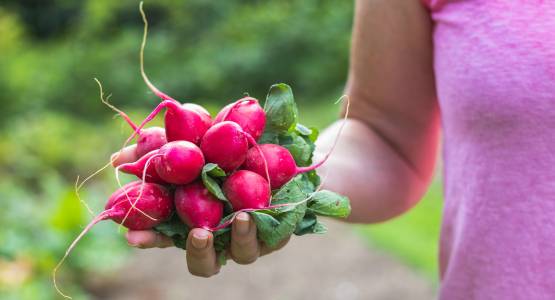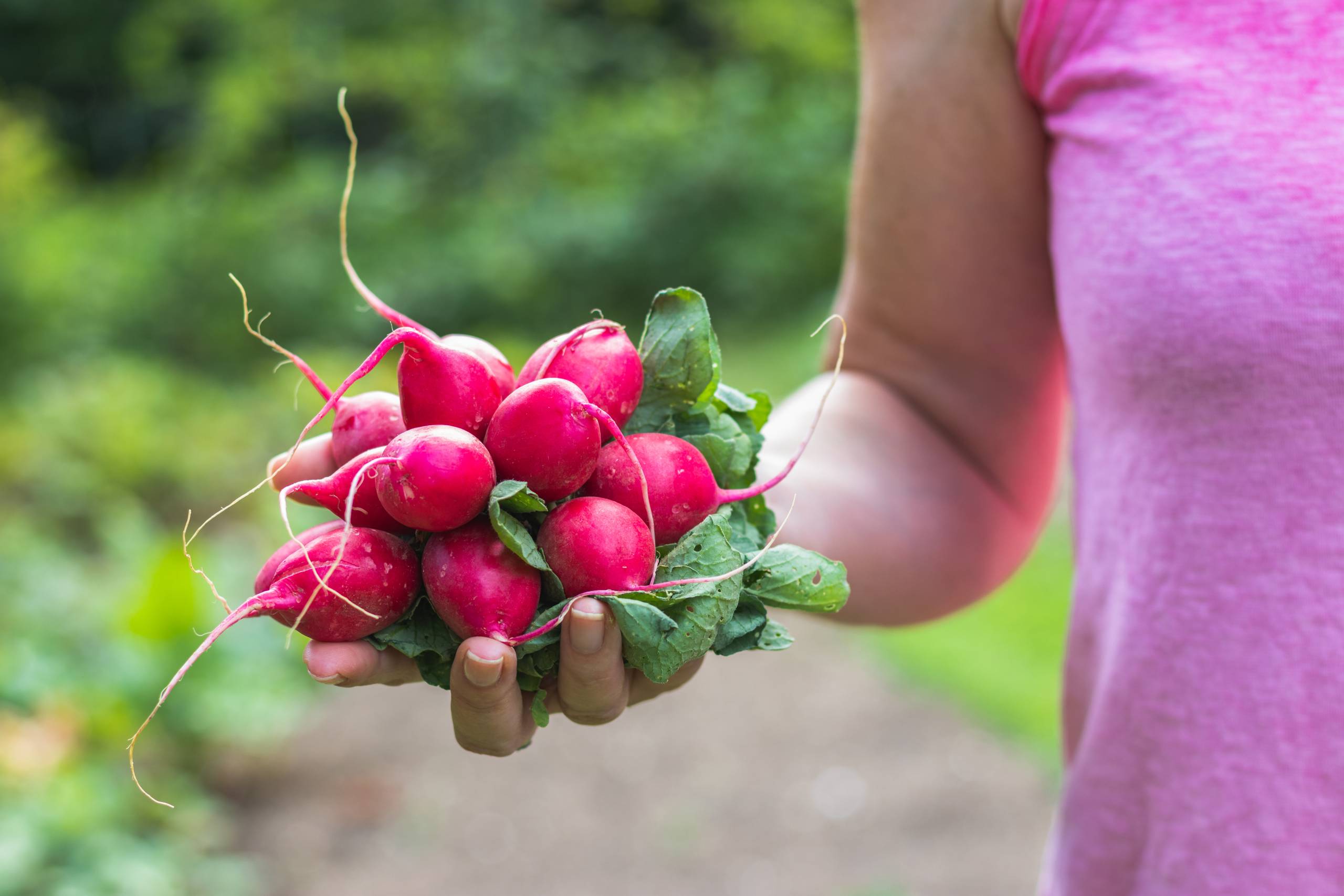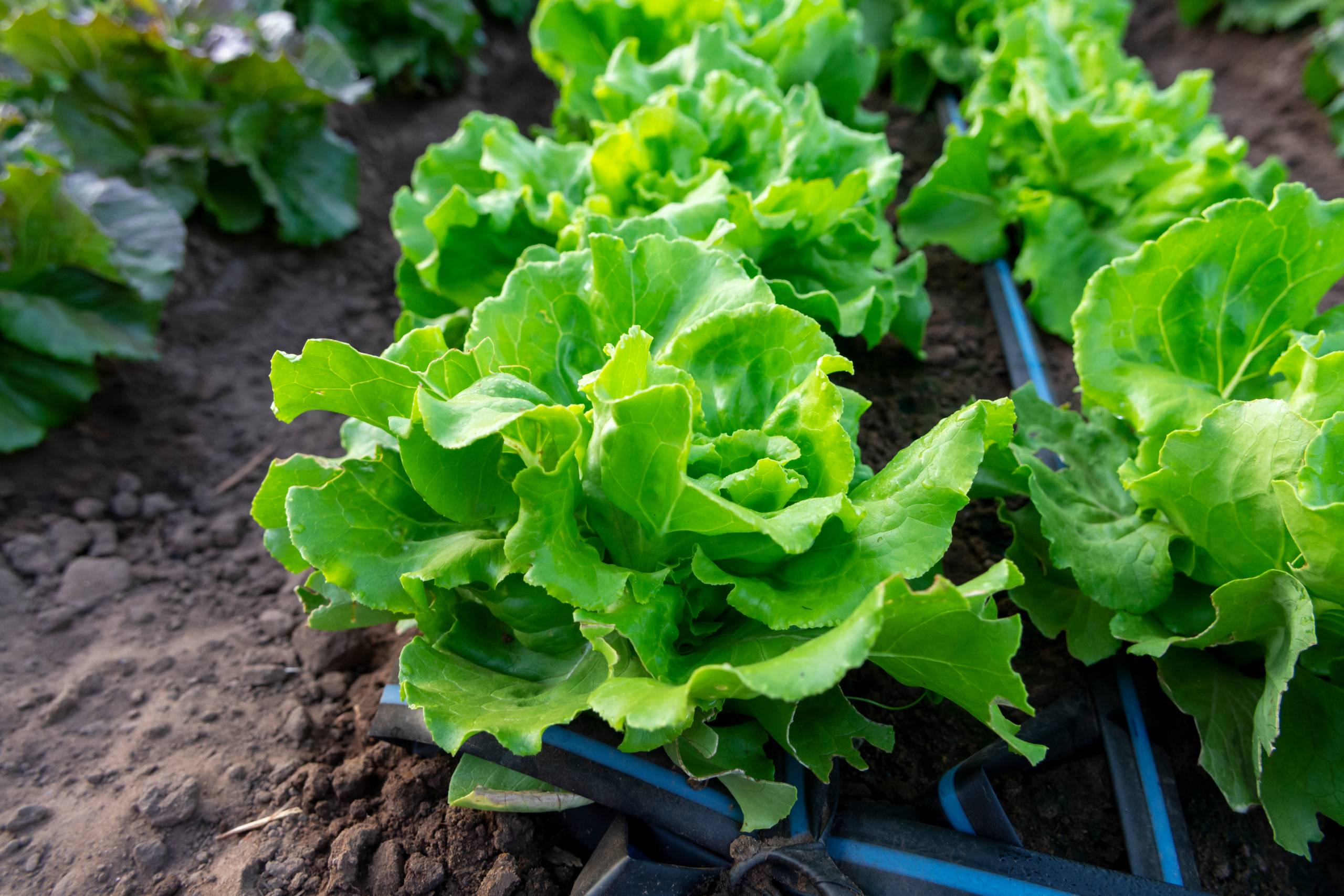A Guide to Growing Radishes in a Greenhouse (UK Edition)

Radishes are a fast-growing, crunchy delight that can spice up any salad or sandwich. Best of all, they’re among the easiest root vegetables to grow — especially in a greenhouse environment where conditions can be carefully managed. Whether you’re a seasoned grower or just getting your hands dirty, this guide will walk you through every step of growing radishes in a greenhouse in the UK.
Why Grow Radishes in a Greenhouse?
Greenhouses offer several advantages for growing radishes:
- Extended growing season – Sow early and harvest late into autumn
- Protection from pests – Fewer problems with flea beetles and slugs
- Better control over soil and moisture
- Consistent temperature – Ideal for rapid radish growth
Choosing the Right Radish Variety
This is especially useful in the UK, where the weather can be unpredictable even in spring and summer.
Not all radishes are created equal. Here are some popular choices for UK greenhouse growers:
‘French Breakfast’ – A classic with elongated roots and a mild flavour
‘Cherry Belle’ – Quick-growing and round, perfect for beginners
‘White Icicle’ – A bit more peppery and great for longer roots
Mooli’ (Daikon) – A Japanese radish, perfect for winter cropping

Top Tip: Choose fast-maturing varieties for a quicker harvest cycle inside the greenhouse.
When to Sow Radishes in a Greenhouse
One of the biggest perks of greenhouse growing is flexibility. In the UK, growing radishes in a greenhouse can be done in:
- Late winter to early spring (Feb–April) – Start your season early
- Late summer to early autumn (August–October) – For a late-season crop
You can stagger your sowing every 2–3 weeks for a continuous harvest. This is known as succession sowing — ideal for getting the most out of your space. In fact, if you have a shady spot in the greenhouse, you can normally keep planting new seeds right into the height of summer.
Preparing the Soil
Radishes thrive in well-drained, loose, and fertile soil. Here’s how to prepare it:
- Loosen the soil – Use a hand fork to break up clumps and ensure good root expansion.
- Add compost – Mix in garden compost or well-rotted manure to improve fertility
- Check pH – Aim for a slightly acidic to neutral pH (6.0 to 7.0)
- Avoid heavy feeding – Too much nitrogen = lush leaves and small roots
Did you know? Radishes don’t need deep soil — 15cm (6in) of depth is usually sufficient; they are great for growing in a pot to maximise greenhouse space.
Sowing the Radish Seeds
Spacing & Depth:
- Sow seeds about 1cm deep and 2.5cm apart
- Space rows 15cm apart
After germination, thin seedlings to 5cm apart to give each plant enough room to develop.
Pro Tip: You can sow directly into the greenhouse border or into containers/grow bags. Just make sure the growing medium is moist and loose.
Watering & Humidity
Radishes need consistent moisture to grow well and avoid becoming woody or split.
- Water regularly – Keep soil evenly moist, especially during dry spells
- Avoid overwatering – Too much water can lead to rot or disease
- Ventilation is key – Greenhouses can get humid; good airflow helps prevent mildew
Use the early morning sun to your advantage by opening vents and doors to regulate temperature and humidity.
Light Requirements
Radishes love light. In your greenhouse, they’ll need:
- At least 6 hours of sunlight per day
- Supplement with grow lights in winter months if natural light is insufficient
Place containers or grow trays in the sunniest part of the greenhouse for best results.
Common Problems & How to Avoid Them
Even in a greenhouse, radishes can face issues. Here’s how to stay ahead:
1. Pests
- Flea beetles – Leave tiny holes in leaves. Use insect mesh or sticky traps.
- Slugs & snails – Use beer traps or copper tape around containers.
2. Bolting
- Occurs when radishes flower too early. Caused by:
- High temperatures
- Irregular watering
- Overcrowding
Solution: Harvest on time and sow varieties suited for the season.
3. Root splitting
- Caused by inconsistent watering. Stick to a regular watering schedule.
When & How to Harvest
Radishes are fast! Most varieties mature in 3 to 6 weeks. Here’s how to know they’re ready:
- The shoulders of the radishes push up slightly above the soil
- Gently pull one or two to check size
- Don’t leave them too long — they’ll become tough and woody
Harvest Tip: Harvest in the morning when radishes are crispest. Store in the fridge for up to a week.
Growing in Containers
Short on space? No problem. Radishes are perfect for container growing.
- Use containers at least 15cm deep
- Fill with quality compost and grit for drainage
- Ensure good light and rotate if necessary
Try mixing radishes with salad leaves for a mini greenhouse salad bar!
Companion Planting in the Greenhouse
Radishes get along with:
- Lettuce – Quick-growing and shallow-rooted
- Spinach – Makes good use of cooler corners
- Herbs – Coriander and dill deter pests
Avoid growing near brassicas like cabbage and broccoli in close quarters — they compete for similar nutrients.

lettuce leaf vegetables close up
Final Tips for Greenhouse Radish Success
- Stagger plantings for continuous harvests
- Flavour improves with consistent watering and rapid growth
- Thin seedlings early to avoid crowding
- Shade lightly in summer to prevent bolting
- Rotate crops to avoid soil-borne diseases
Growing radishes in a greenhouse can be a deeply satisfying and productive experience. Their quick turnaround time means you’ll get results fast — ideal for both beginners and experienced growers alike. With a little care and attention, you’ll be enjoying fresh, crunchy radishes in no time!
Join the Greenhouse Revolution!
There’s something incredibly rewarding about growing your own food. Radishes might be small, but they pack a punch in both taste and growing satisfaction. Start with a handful of seeds, and before you know it, you’ll be harvesting your first crop in just a few weeks.
Ready to get started? Tag us in your greenhouse journey and share your radish successes (and fails — we all learn from them!)
